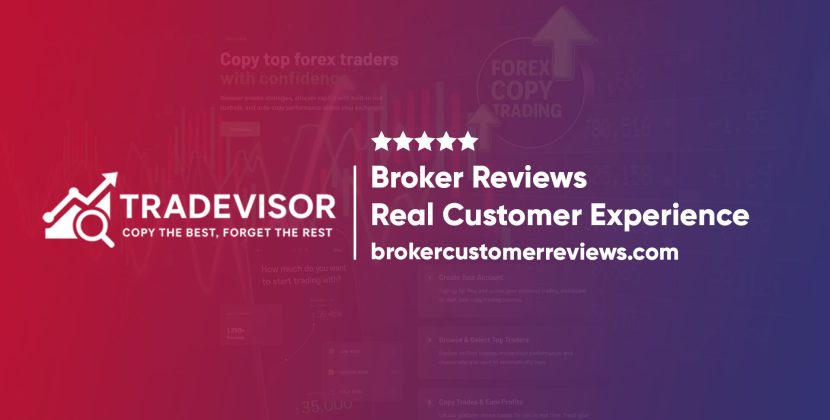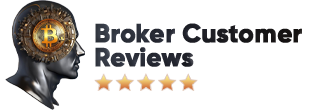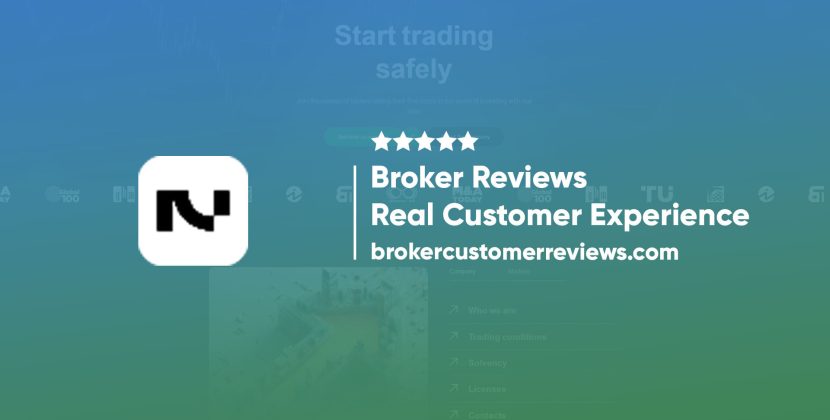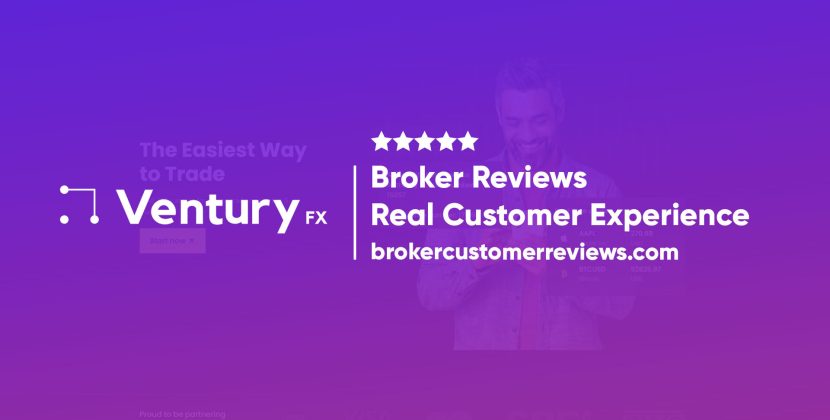
Latest post
Popular Posts

AvaTrade Broker Overview (633)
- dev
- November 15, 2023

Coinmama Broker Review (619)
- dev
- February 2, 2024

FP Markets Broker Review (607)
- dev
- January 22, 2024

BlackBull Markets Broker Review (566)
- dev
- February 15, 2024

FXCM Broker Review (562)
- dev
- February 24, 2024



